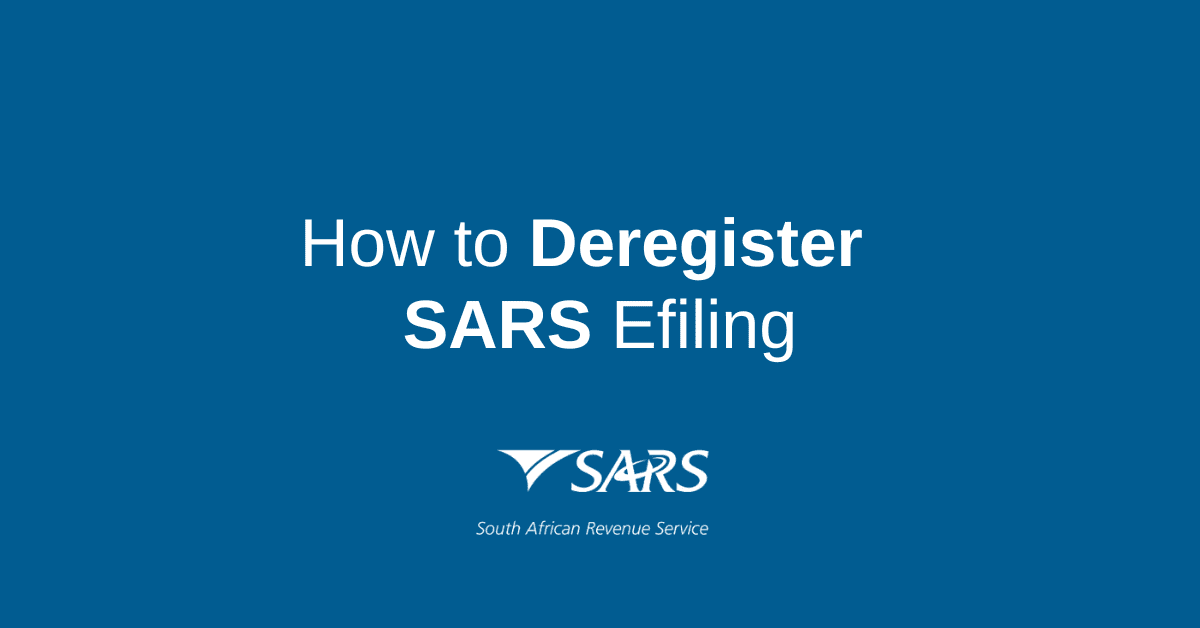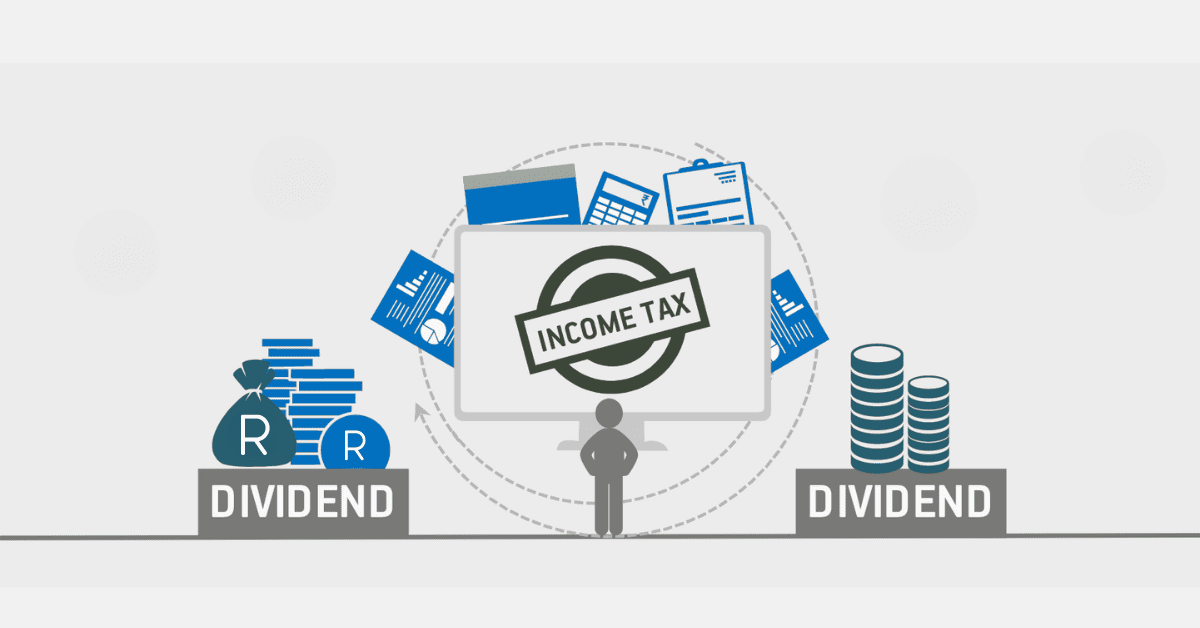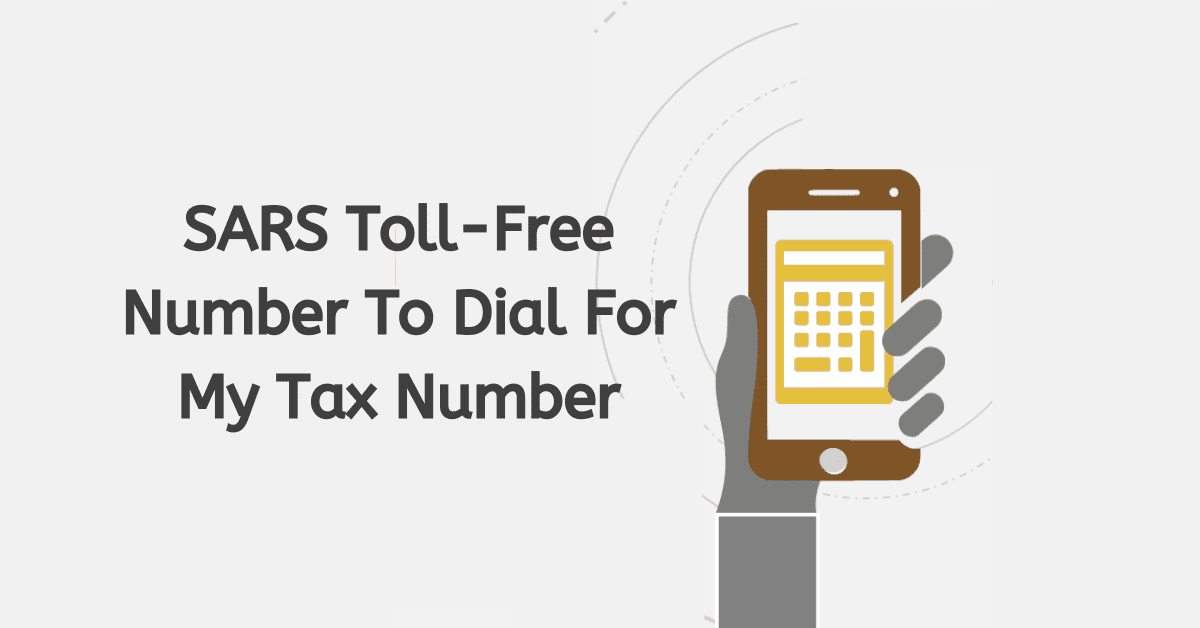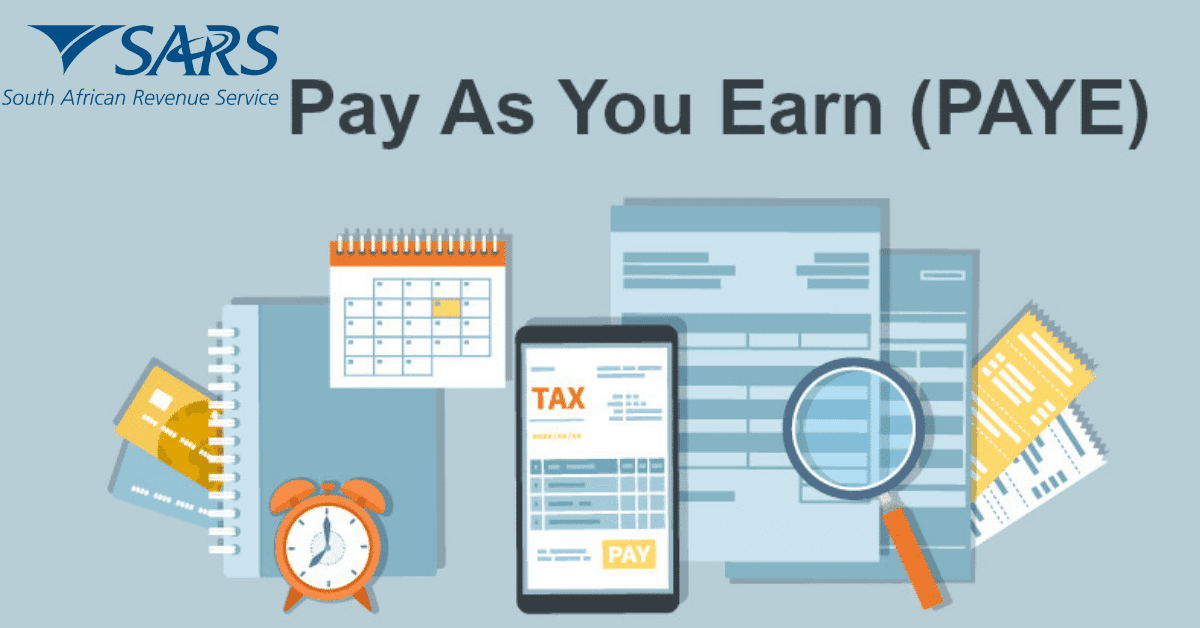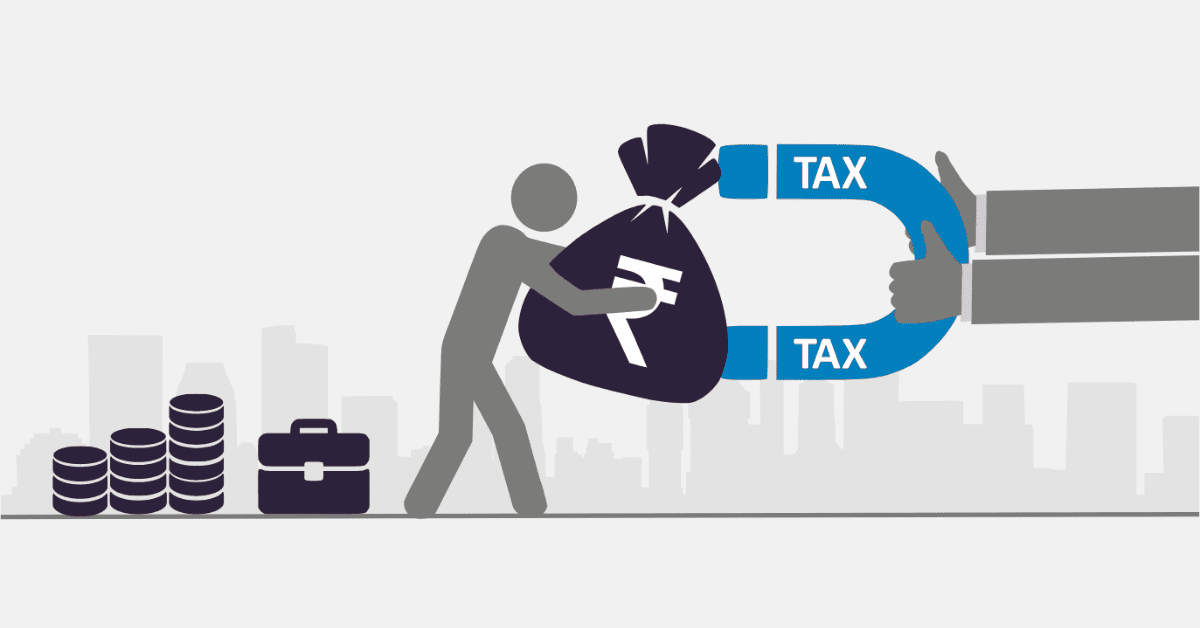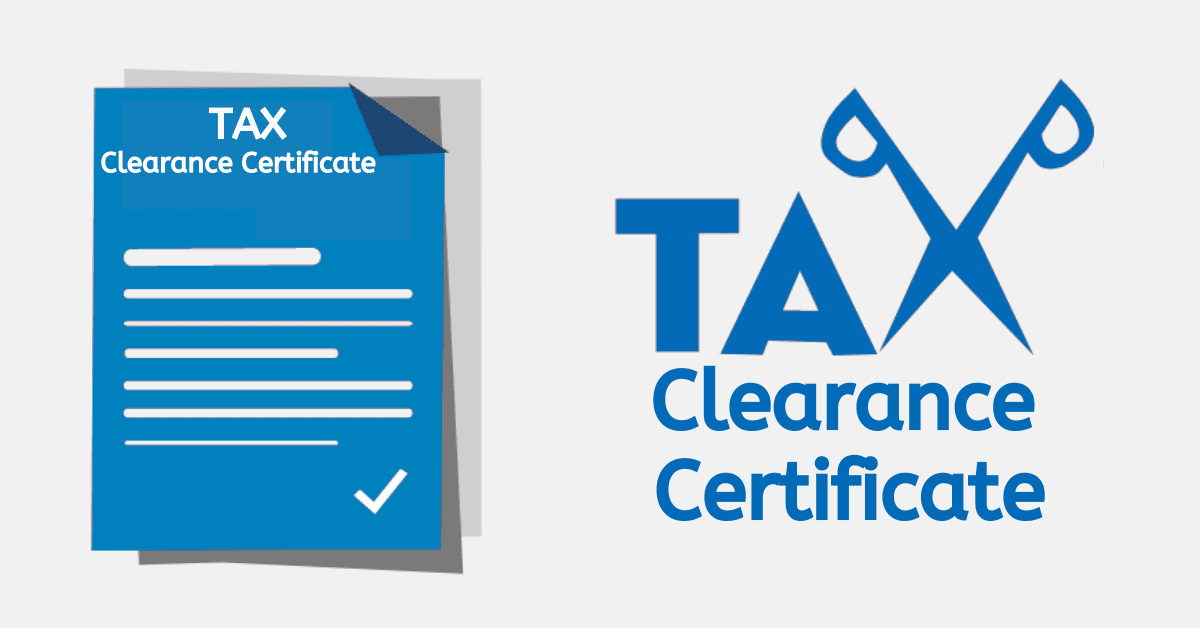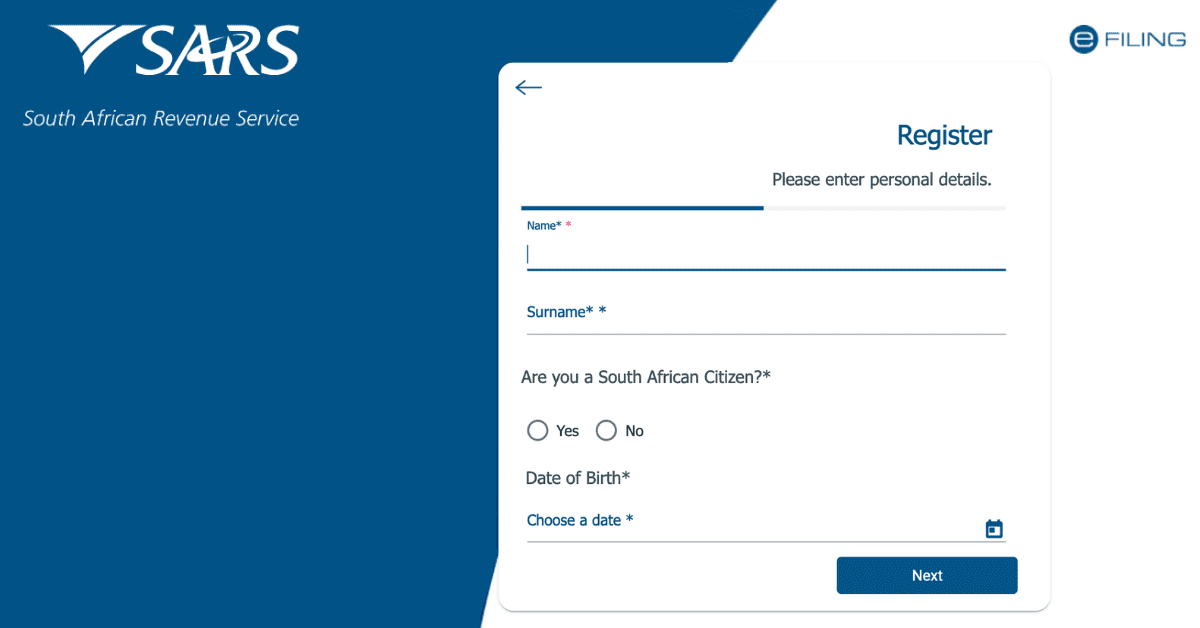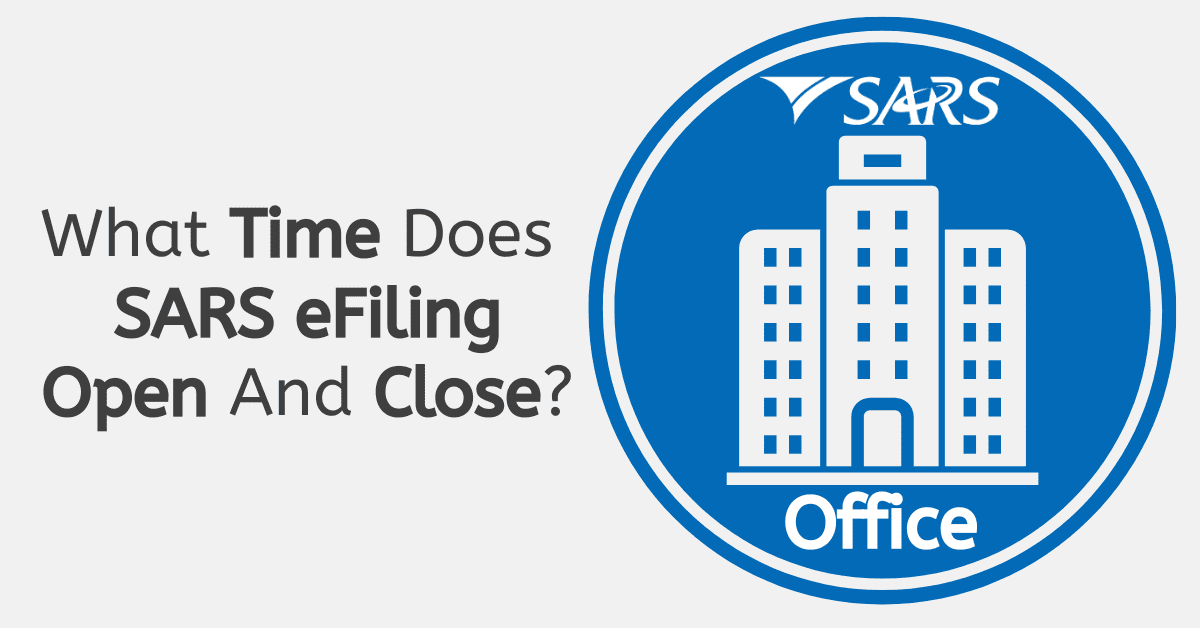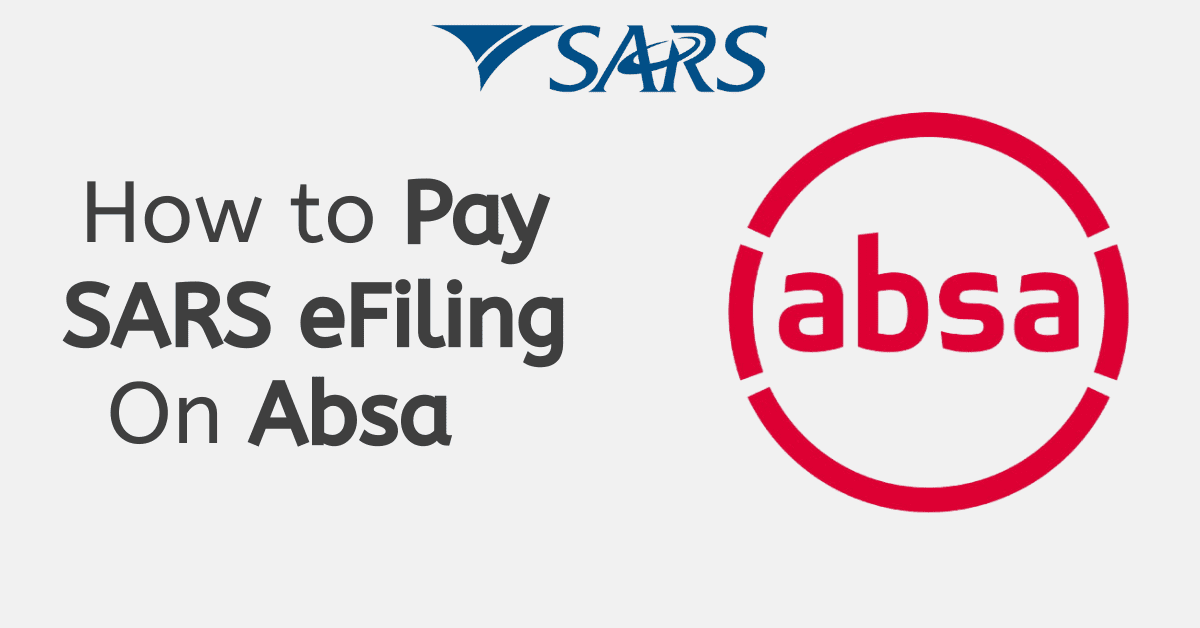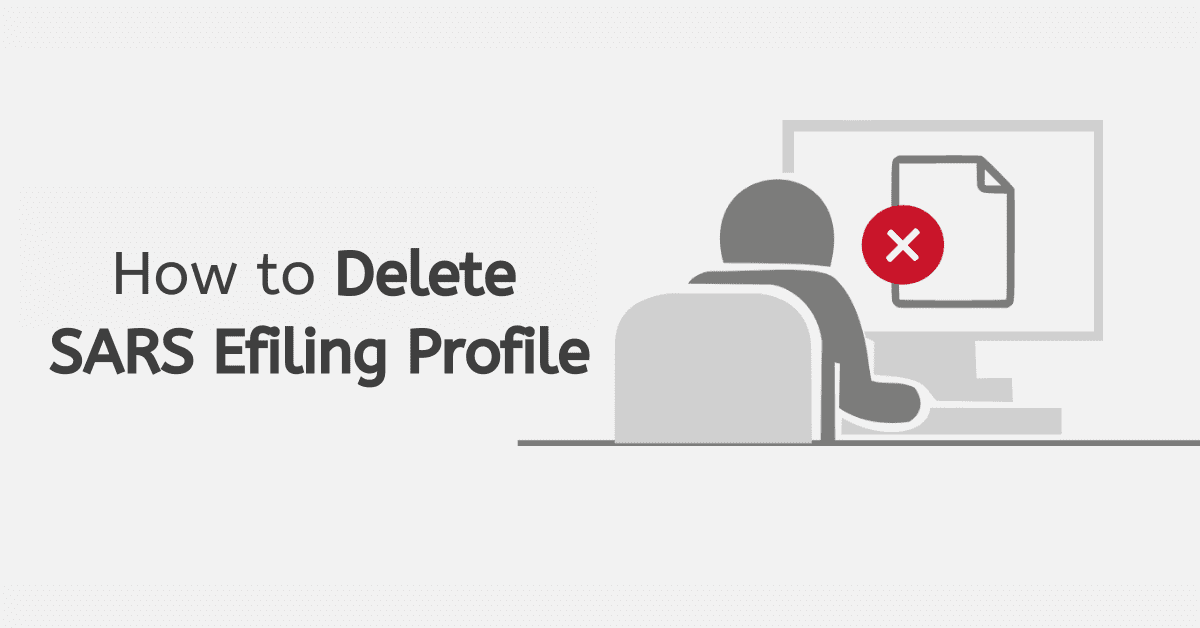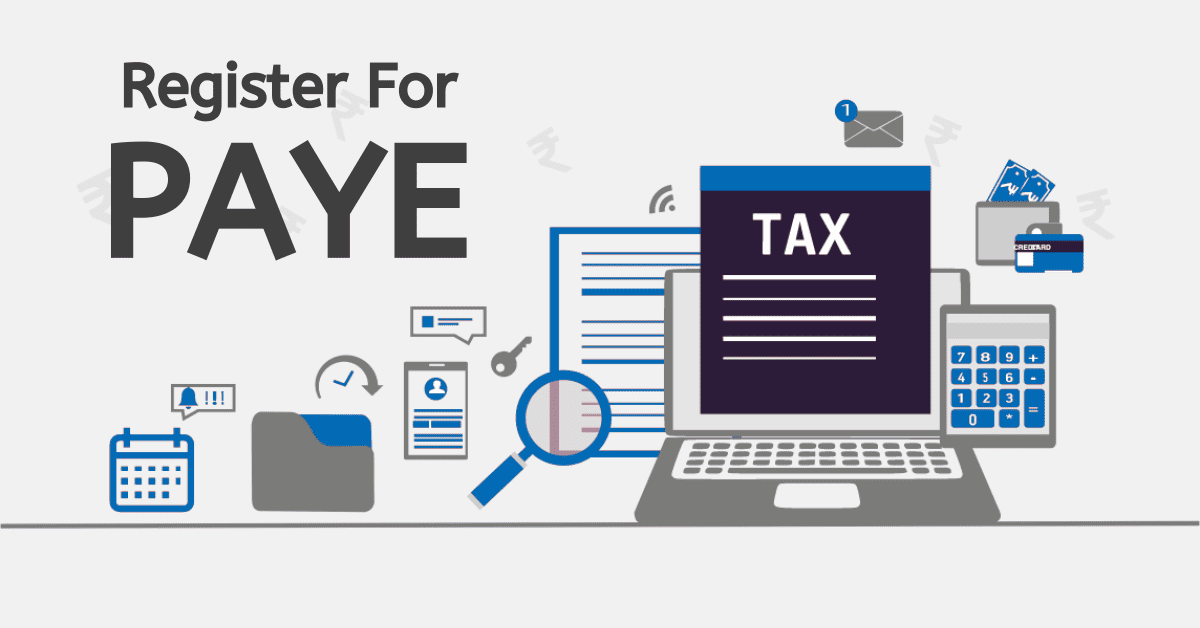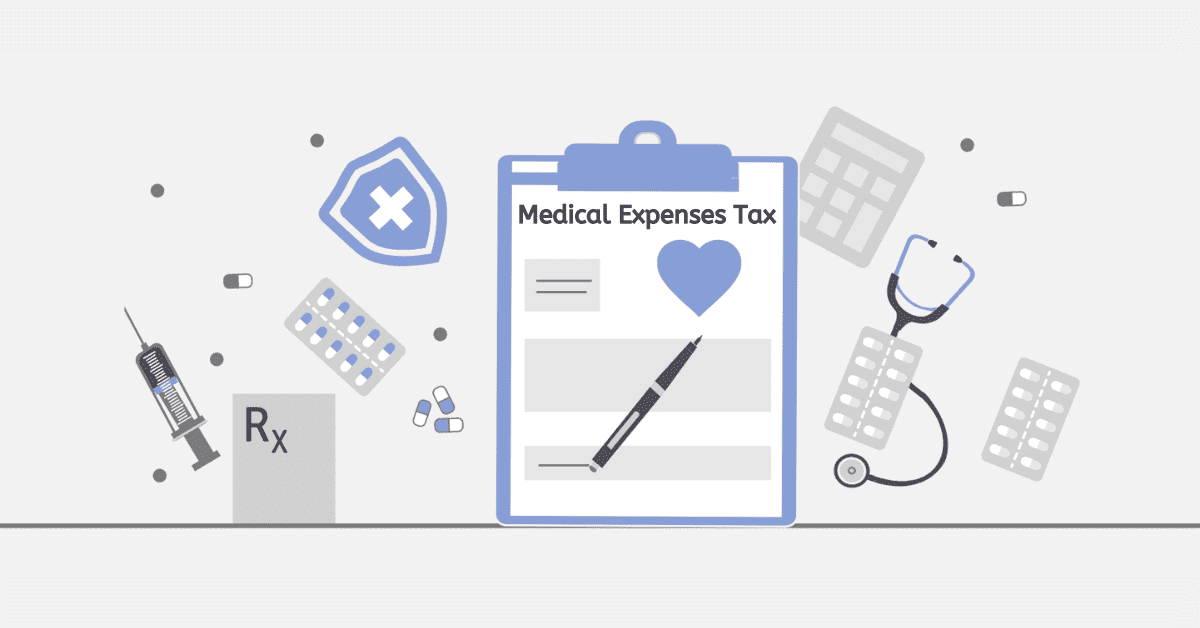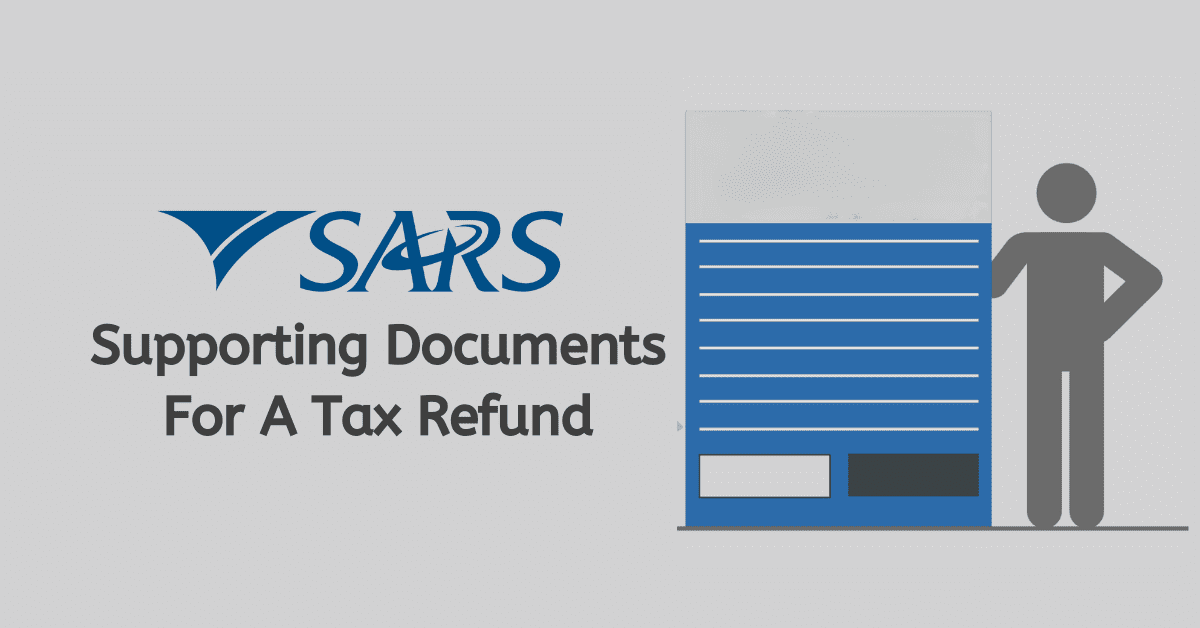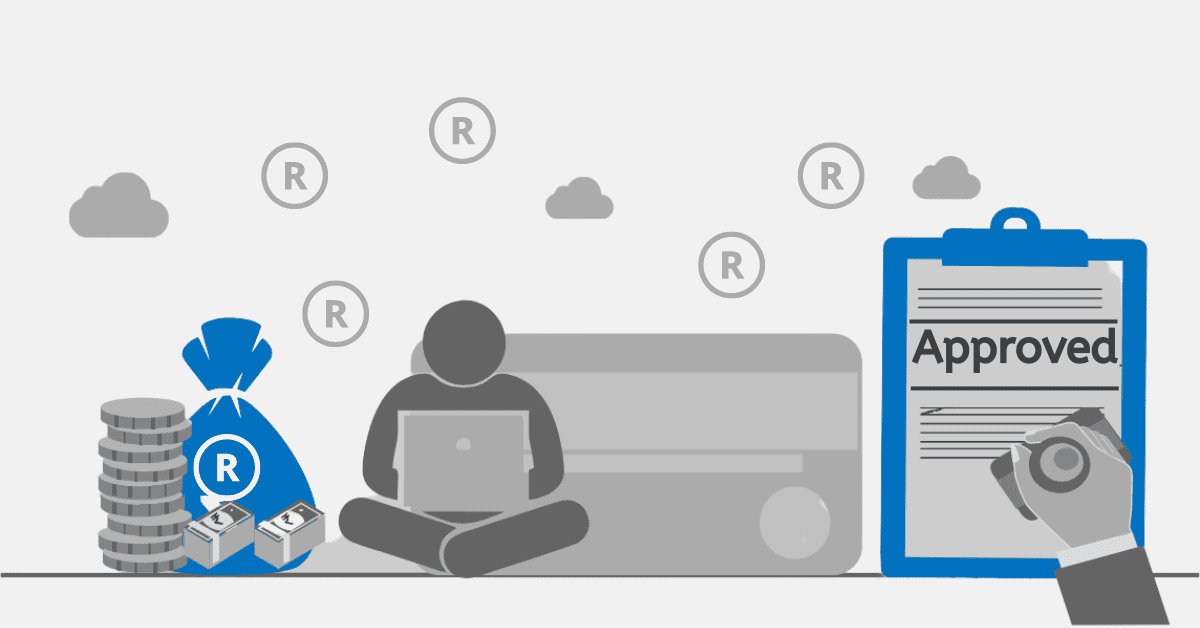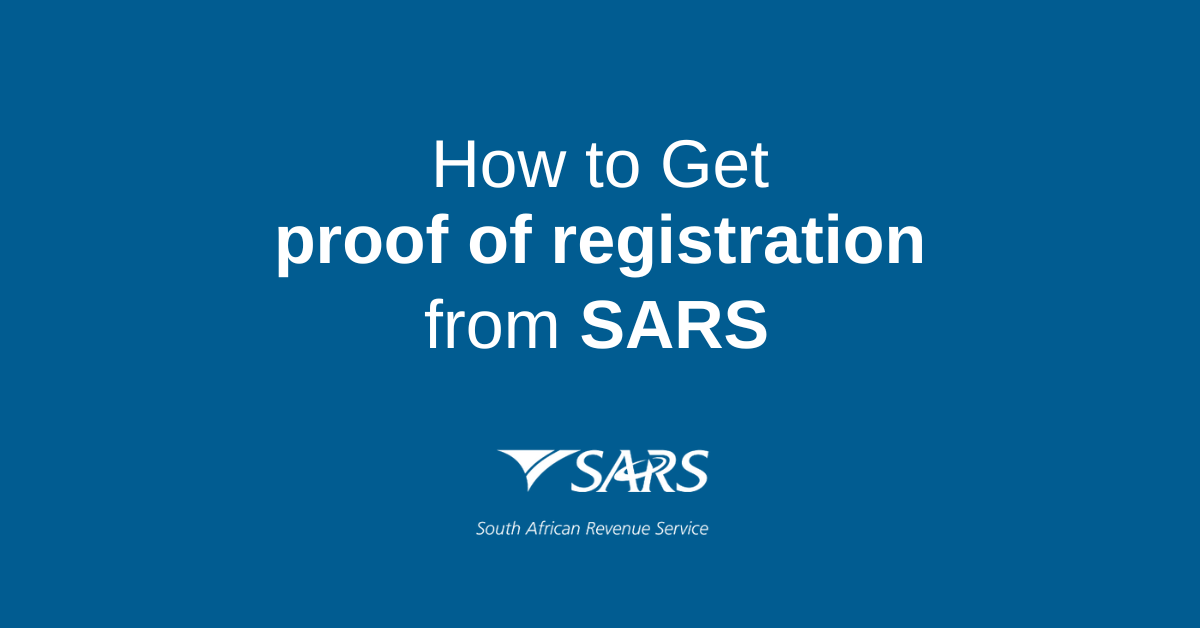Do you think you may owe money to the South African Revenue Service (SARS)? If so, you’re not alone because many people are unclear on how to know if they owe money to SARS and what it means if they do.
This blog post will answer all your questions about owing SARS money, including how to check how much you owe, what happens when you owe money, and how to end up owing SARS. So if you’re wondering if you owe money to SARS, read on to find out!
How Do You Know If You Owe SARS Money?
Knowing if you owe SARS money is essential for making sure you pay the correct amount of tax and avoid penalties. SARS offers several ways to check whether or not you have an outstanding balance due to the South African Revenue Service.
The first way to determine if you owe SARS money is to use the SARS eFiling portal. This portal will allow you to view your outstanding balance and any recent payments made to SARS. If you don’t have access to the SARS eFiling portal, call their call centre at 0800 00 7277 and ask for a balance inquiry. Alternatively, you can visit your local SARS office to get a statement of account.
Another way to determine if you owe SARS money is to review your Notice of Assessment (NOA). SARS sends the NOA at the end of the year and reflects all your taxes and outstanding balances. If there is a balance due, it will be indicated in this document.
How Do You Check How Much You Owe SARS?
It’s vital to regularly check your SARS account to ensure that you have no outstanding debts. You can check the balance of any outstanding amounts on your SARS eFiling account. To access this information, log in to your SARS eFiling account and click on ‘My Tax Account.’ This page will show a breakdown of all taxes you have paid and what you owe.
You can also check with SARS directly via email or telephone. When contacting SARS, you should have your South African ID number, tax reference number, and bank details handy.
What Happens When You Owe SARS?
When you owe money to the South African Revenue Service (SARS), it’s vital to take action as soon as possible. If you do not, several penalties can be applied, depending on the size and type of debt.
SARS will first issue a Notice of Assessment when you have a tax debt. This document sets out the amount of tax owed and includes any applicable penalties.
These penalties include an additional percentage on top of your total tax debt and can even increase it. Additionally, interest will be charged at the current prescribed rate.
If you do not pay your debt in full or make payment arrangements with SARS, they can take further steps to recover what is owed. These could include:
- Garnishee orders: SARS will send a court order to your employer, which requires them to deduct money from your salary to pay off your debt.
- Seizure and sale of assets: SARS may seize any goods you own, such as vehicles, furniture, and jewellery, and sell them to recover the money owed.
- Attachment of bank accounts: SARS may freeze your bank accounts and use any money to cover your debt.
- Court judgment: SARS may take legal action to obtain a court order to repay your debt.
What Does A Negative Balance On SARS Efiling Mean?
A negative balance on SARS eFiling means that you owe money to SARS. This balance is usually the result of incorrect filing or incorrect calculations. However, it could also result from late payment or incorrect taxes, duties, or levies.
When a negative balance is shown on your SARS eFiling account, it is crucial to take action quickly and make the necessary payments to avoid penalties and interest being charged. The best way to achieve this is to contact SARS directly, explain the situation, and arrange to make the payments as soon as possible.
Sometimes, the negative balance may be due to an administrative error. You should contact SARS and explain the situation if this is the case. They may be able to rectify the error and adjust your balance accordingly.
It is crucial to remember that if you have a negative balance on your SARS eFiling account, you are legally obligated to pay it back. Failure to obey could result in legal action being taken against you.
What Does A Positive Balance On SARS Efiling Mean?
A positive balance on SARS eFiling indicates that you are in good standing with SARS. This balance could be due to various reasons, such as filing your returns and taxes on time or having other income that is not subject to tax.
A positive balance will also mean that you may be due a refund from SARS if you have overpaid on your taxes. To check if you have a positive balance, log into your SARS eFiling profile and look at the top right of the page.
How Do You End Up Owing SARS?
Owing SARS money can happen in several ways. The most common include not paying your taxes on time or accurately, not filing your taxes correctly or on time, or if you receive an unexpected tax bill.
Many potential tax scenarios could result in a debt with SARS. But all of them result from taxpayers’ inability to pay their taxes accurately and on time.
If your filed returns late, you can be liable for a penalty. This case is known as a “late filing penalty,” calculated on a sliding scale. The more late returns are filed, the higher the penalty. Taxpayers may also be liable for interest on the outstanding balance.
Sometimes, taxpayers may have made an error when filing their taxes or received incorrect advice from their accountant or other professional advisors. If this is the case, the taxpayer will still be liable for the unpaid tax amount but may be able to apply for remission of penalties and interest.
Finally, taxpayers may also owe SARS money if they receive an unexpected tax bill after filing their taxes.
This issue could result from an audit that identified discrepancies between what was declared and what was owed. Therefore, taxpayers should contact SARS as soon as possible to determine how they can rectify the situation and resolve their debt.
How Long Can You Owe Sars Money?
There is no specific time limit on how long you can owe money to the South African Revenue Service (SARS). However, SARS may take action to recover the debt if it is not paid on time. This action can include garnishing your wages, levying your bank account, or taking legal action against you.
Conclusion
It is generally in your best interest to clear your tax debt as soon as possible to avoid these actions. However, if you cannot pay the total amount due, you can negotiate a payment plan with SARS to pay the debt off over time.
